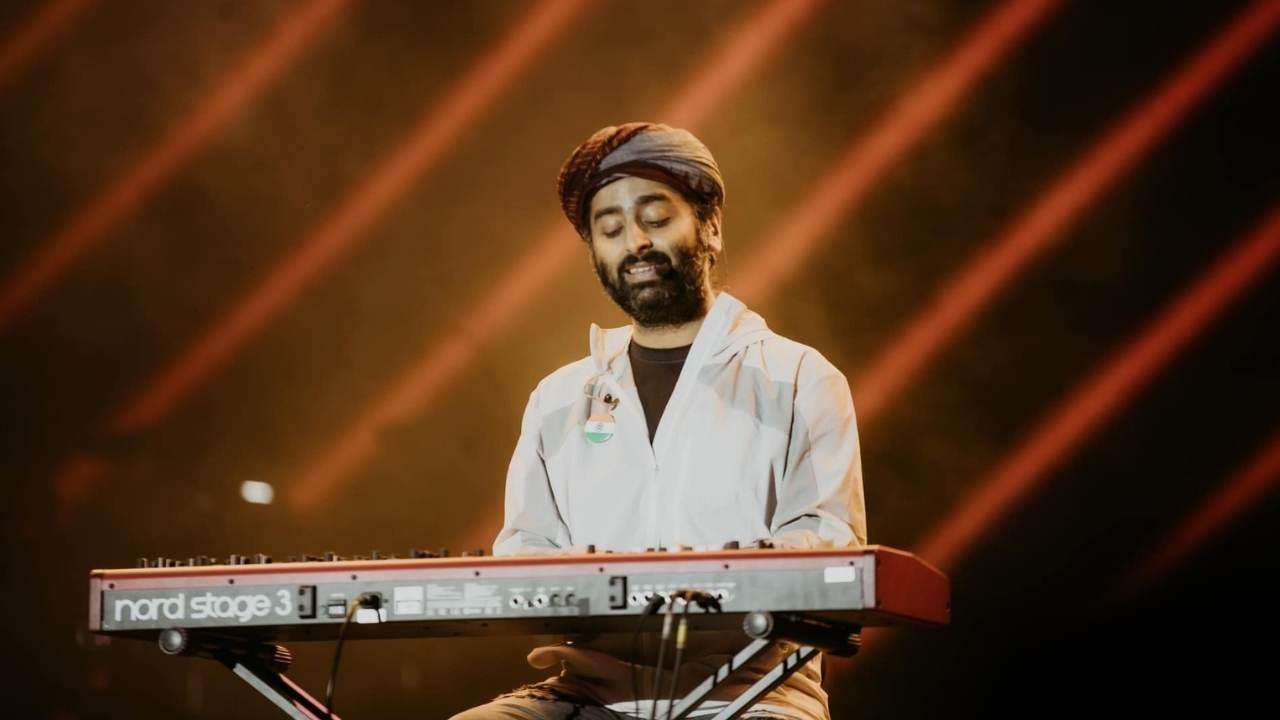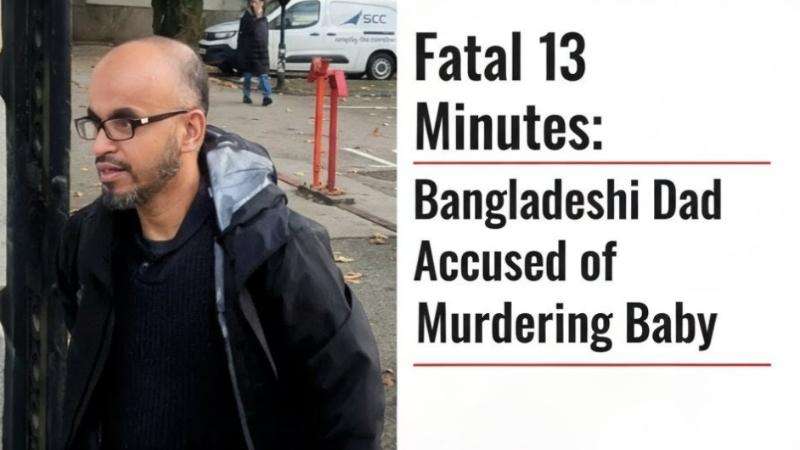A powerful new call is resonating across the United Kingdom, urging British Bangladeshi families to unlock and share the heroic stories of the ‘greatest generation’—the ancestors who left their homes in the former British Empire, many from the region now known as Bangladesh, to bravely fight for Britain in the Second World War. This push comes as startling new figures reveal that a significant portion of the British public remains unaware of the enormous sacrifice made by South Asian members of the armed forces.
Highlighting the Vital Role of South Asian Troops
The My Family Legacy project, a joint initiative by the thinktank British Future and the British Asian newspaper Eastern Eye, and backed by the Royal British Legion, aims to construct a vital online archive of these veterans’ experiences. This effort is designed to correct the historical oversight and celebrate the shared histories of Britain’s diverse communities. This task is especially crucial considering that more than 2.5 million people from undivided India—encompassing modern-day India, Pakistan, Bangladesh, Nepal, and Sri Lanka—served in the Second World War, forming the largest volunteer army in history.
Focaldata polling commissioned by British Future has shown the urgency of this mission: half of the British public is unaware of this pivotal legacy, a lack of knowledge shared even by about forty per cent of British Asians themselves.
The Historic Journey of the British Bangladeshi Community
For the British Bangladeshi community, this project offers a chance to root their present deeply in the context of their historical contribution. The vast majority of British Bangladeshis trace their origins to the Sylhet region, then part of the Bengal Presidency of British India, and later East Pakistan before the 1971 war of independence. It was from this very region that countless men were recruited to serve the British war effort.
Historically, Sylhetis were already established seafarers, working on ships that connected the Empire, a tradition that saw many join the Merchant Navy during the war, facing the deadly threat of U-boat attacks on the Atlantic convoys. Others joined the Indian Army, fighting across multiple theatres. After the war, many of these veterans and seamen became the pioneering first wave of permanent Bangladeshi migrants to Britain, often settling in port cities like London, where their initial community formed the foundation for today’s vibrant British Bangladeshi population. They transitioned from fighting for the Empire to rebuilding the post-war economy, a legacy of contribution that is fundamentally tied to the sacrifices of the World Wars.
Honoring the Valiant and Their Descendants
The project is asking families to share pictures, names, or the detailed narratives of ancestors and living relatives who fought. The urgency was underscored at a UK parliamentary memorial event on 4 November, hosted by Tanmanjeet Singh Dhesi MP, the chair of the House of Commons defence committee. The event honoured two recently deceased veterans whose stories are among the first to be added to the archive: Havildar Maj Rajinder Singh Dhatt MBE, a decorated veteran who fought in the crucial Battle of Kohima, and Sgt Muhammad Hussain, who ran away at sixteen to join the army and fought in the fierce Battle of Monte Cassino in Italy.
Ejaz Hussain, Sgt Hussain’s grandson, stressed the "imperative" nature of documenting these stories. He argued that the shared history of a "united people fighting for one common cause in spite of their differences, serves as the ultimate metaphor for future generations on how we must remain united as a country." Similarly, Amrit Kaur Dhatt, Maj Singh Dhatt’s granddaughter, lamented that Commonwealth and ethnic minority soldiers have been "left out of mainstream history," making it "so important to capture stories" now.
Sunder Katwala, director of British Future, encapsulated the project’s goal to help people “discover, document and share their family stories of courage, contribution, service and sacrifice," thereby showcasing how shared traditions of remembrance can unite modern, diverse Britain. Gail Walters, director of network engagement at the Royal British Legion, affirmed the charity’s desire for more families to feel included in remembrance, stating that honouring Britain’s South Asian military personnel will provide a "fuller picture" of history and the "integral role" they played in the national story.
British Bangladeshi families are now uniquely positioned to ensure their ancestors’ foundational role in this country’s narrative is finally and fully recognised.







.jpg)
.svg)


.jpg)